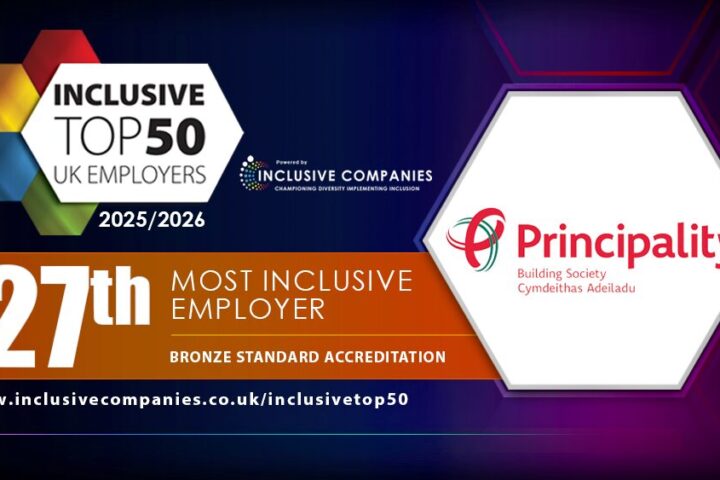The Supreme Court’s recent ruling on the definition of sex under the Equality Act is a landmark decision and one that places new expectations on employers and HR professionals alike.
While it offers greater legal clarity, it also brings with it a level of nuance that can’t be ignored. The question now is not simply one of compliance, but of leadership. How do we honour legal obligations without compromising the inclusive cultures we’ve worked hard to build?
At HR Star, we believe this moment is not just about policy, it’s about people. And how organisations respond will say a great deal about their values and vision for the future.
Workplace policy and inclusion
This ruling has wide-reaching implications for how HR teams approach policy and inclusion. While the law may now more clearly define “sex” in a legal sense, the cultural and practical consequences for the workplace are complex.
HR leaders must now carefully review any policies where sex-based distinctions may apply, whether that’s recruitment practices for specific roles, access to single-sex facilities or participation in women-led initiatives and leadership programmes. But it’s essential to recognise that legal compliance must never come at the expense of inclusion.
We’re advising our clients to proceed with both compassion and consistency, ensuring that their existing commitments to equality and psychological safety are not diluted by a narrow focus on legal definitions alone. In fact, the law should be a foundation, not a ceiling, for building inclusive, respectful environments for everyone, including trans and non-binary employees.
This ruling poses a fundamental challenge: how do we uphold the law while still fostering cultures where all individuals feel safe, supported, and valued? This balancing act will be central to HR’s role moving forward.
The role of HR leadership
Now, more than ever, HR teams must lead from the front with clarity, empathy and confidence.
Legal shifts can quickly lead to uncertainty or concern among employees. Some may fear what this means for their rights. Others may question how their employer plans to respond. It’s crucial that organisations proactively address these concerns before confusion takes root.
Start by updating internal guidance and reviewing the language used in handbooks, policies and recruitment materials. Communication needs to be both clear and compassionate, reinforcing your organisation’s values while providing practical clarity on what’s changing and what’s not.
Crucially, HR teams and line managers need to feel confident navigating these complex and sometimes sensitive conversations. That means investing in training, not only to understand the legal implications, but to model inclusive, respectful practices in the day-to-day.
Support structures also need to be robust. HR professionals should have clear referral pathways to employee support and know when and how to seek external expertise. This is not the time to ‘get by’ with outdated understanding; upskilling is essential.
Supporting people through legal and cultural change
It’s important to be clear: protections for transgender individuals remain firmly in place under the Equality Act’s provisions for gender reassignment. This ruling changes the legal definition of sex, it does not remove anyone’s right to fair, respectful and safe treatment at work.
But policy shifts can trigger cultural ripple effects. If organisations fail to reinforce inclusive behaviour or allow ambiguity to grow, employees may feel vulnerable, isolated, or excluded. This is the moment to double down on your culture.
At HR Star, we’re advising clients to take clear, confident steps that reflect their ongoing commitment to inclusion:
- Strengthen DEI strategies by consulting a wider range of voices, ensuring lived experience shapes future decisions
- Empower employee resource groups to share concerns and insights, with visible support from leadership
- Provide safe, accessible mechanisms for raising questions or concerns without fear of judgement
- Take a zero-tolerance stance on misgendering, exclusion or harassment. Whether deliberate or unintentional
Inclusion isn’t a one-off workshop or a single line in a values statement, it’s a lived experience, built moment by moment, across teams, processes and policies. And it’s never been more important for HR leaders to uphold that standard with clarity, courage and care.
Where HR goes from here
This ruling marks a legal milestone, but for HR professionals, it’s also a cultural one.
It’s a reminder that compliance and compassion must go hand-in-hand. That inclusion is not static and that true leadership means being able to navigate complexity with both strength and sensitivity.
Whether you’re reviewing policies, hosting internal Q&As or rethinking how you communicate inclusion across your business, know this: your role has never been more vital.
At HR Star, we’re here to support HR teams and business leaders through this time of change, offering clarity, training, and practical guidance every step of the way.
Because at the end of the day, people need to know not just where they stand, but that they belong.
Kelly Tucker is founder and managing director of HR Star
















